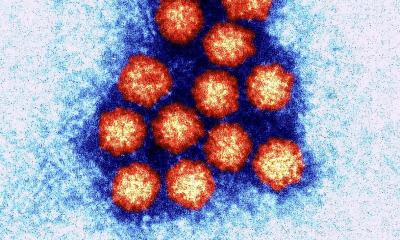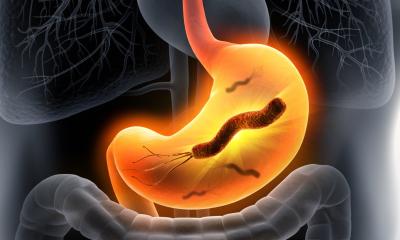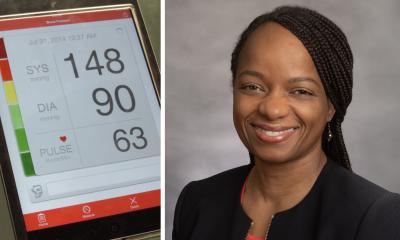Overall benefits of HPV vaccination
The overall potential benefits of human papillomavirus (HPV) vaccinations or frequent HPV screenings for women over the age of 41 are low, concludes a new study published online February 15 in the Journal of the National Cancer Institute. The study found that the rate of new infections preventable by vaccination declines with age. Furthermore, new infections among women at any age typically do not progress to cervical intraepithelial neoplasia grade 2 (CIN 2) or CIN 3, the precursors for cervical cancer.
This study was undertaken because researchers wanted to examine whether women's age and the duration of carcinogenic HPV infections influenced subsequent persistence of infection and risk of CIN 2 or worse disease.
Ana Cecilia Rodr-guez, M.D., of the Proyecto Epidemiol-gico Guanacaste, Fundaci-n INCIENSA, in San Jos-, Costa Rica, and colleagues screened over 9,000 women in Costa Rica aged 18 to 97 years. Those with CIN 2 or worse disease at enrollment were treated and not followed further. Among the remaining participants, those at low risk of CIN 2 or worse were rescreened at 5-7 years (passively followed), whereas higher-risk participants and subsets of low-risk women and initially sexually non-active women were rescreened annually or semiannually (actively followed) for up to 7 years.
Most of the CIN 2 or worse disease diagnosed during the study period was associated with persistent carcinogenic HPV infections that were prevalent, or already present at the time of initial testing.
The vast majority of newly detected carcinogenic HPV infections did not persist and did not lead to CIN 2 or worse disease during the study period, regardless of age. The rate of newly detected carcinogenic HPV infections declined with increasing age and ranged from 35 percent in women aged 18-25 years to 13.5 percent in women aged 42 years and older.
"Understanding the relevance of the concept of duration of infection can improve cervical cancer prevention strategies that integrate prophylactic vaccination with HPV screening," the authors write. "For example, evidence that newly detected infections in older women do not harbor a higher risk of persistence or CIN 2 [or worse disease] than in younger women and that older women acquire fewer new infections indicates that the possible benefit of vaccinating older women is much reduced..."
Study limitations: The most important conclusion that newly-detected HPV infections typically do not progress to CIN2 or worse at any age might not hold beyond the 7 years of follow-up in this study.
Source: Journal of the National Cancer Institute
17.02.2010










